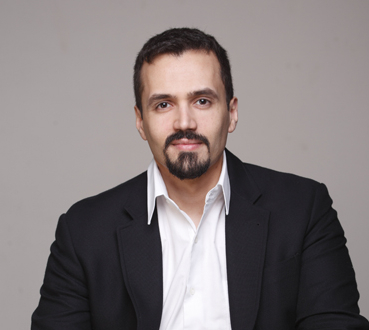By Isabel Ortiz
NEW YORK: Over the last two years, the majority of countries in the world chose to expand public spending in order to buffer the impact of the global financial crisis on their economies and populations. But, this year, with signs of economic recovery emerging, advanced countries have quickly shifted from fiscal stimulus to fiscal consolidation.
Now developing countries are also following the trend to consolidate. A recent UNICEF survey of 126 countries shows that a significant number of low- and middle-income countries are expected to reduce public expenditures in 2010-2011.
This comes at a bad time, just after world governments committed themselves to achieving the development goals, such as reducing poverty and infant mortality, agreed last September at the United Nations’ Millennium Summit.
For most low- and middle-income countries, the incipient economic recovery appears to be fragile and uneven. Indeed, many of these countries remain vulnerable to volatile commodity prices, financial-system weaknesses, depressed demand from world markets, and shortfalls in external finance, overseas development assistance, and investment.
More importantly, according to the UN and the World Bank, the social impact of the global economic crisis continues to be felt in terms of rising hunger, unemployment, and social unrest. The combination of rising food and fuel prices and the financial and economic crisis has reduced poor families’ purchasing power, access to social services, and employment opportunities.
Moreover, poor households have reduced food consumption, with the UN Food and Agricultural Organization estimating that nearly one billion people are hungry and malnourished. In addition to the millions already pushed into poverty in 2008-09, another 64 million could fall into extreme poverty during 2010 as a result of the combined, lingering effects of the crisis.
In the 1980s, adjustment programs required countries to cut back on their expenditures, including outlays on education, health, water, agriculture, and other sectors that make a difference to poor households. As the late Tanzanian President Julius Nyerere demanded publicly: “Must we starve our children to pay our debts?”
Infant mortality rates rose among low-income groups in many developing countries, and inequality increased. This period came to be known as the “lost decade.” UNICEF responded with Adjustment with a Human Face, which argued that children must be protected during economic crises. It argued for more expansionary macroeconomic policies to generate employment, public-sector investments to serve the poor, and the establishment of social-protection systems.
Thirty years later, déjà vu, the same message applies. The poor in developing countries are again being made to endure the worst consequences of a crisis that they played no part in creating. It is critically important that this does not lead to a new lost decade of development, and that poor households — especially children — do not suffer as they did in the 1980s.
And yet that could very well happen. Our UNICEF survey of 126 developing countries found that among the nearly one-half that are reducing public expenditures, common adjustment measures include public-sector wage cuts or caps, withdrawal of food subsidies, and the targeting and rationalization of already meager social-protection systems.
These adjustment measures are often adopted without carefully examining their social impact. How many poor children will suffer — or die — from lack of food and health care? How many children will miss out on education because teachers are absent due to low wages, or simply because poor children must work to supplement their family income?
Adjustment of public expenditures raises the risk of a recovery that discriminates against the poor, and thus fuels greater inequities in developing countries. Premature fiscal contraction and/or withdrawal of countercyclical measures threaten the public support that is essential to promoting recovery among those hardest hit by the crisis.
As the global recession ebbs, the most urgent imperative is recovery for all — a recovery that is inclusive, expands employment opportunities, reduces inequalities, and sustains development processes.
This can be achieved. It requires that aid to poor countries be sustained; that governments focus on expansionary macroeconomic policies that support employment and broad-based economic activities; that new schemes be introduced to extend health services and social protection for the poor; and that investments in education, water supply, sanitation, agriculture, and food security receive the support they need.
Isabel Ortiz is Associate Director, Policy and Practice, UNICEF. This commentary is published by Daily News Egypt in collaboration with Project Syndicate, www.project-syndicate.org.


